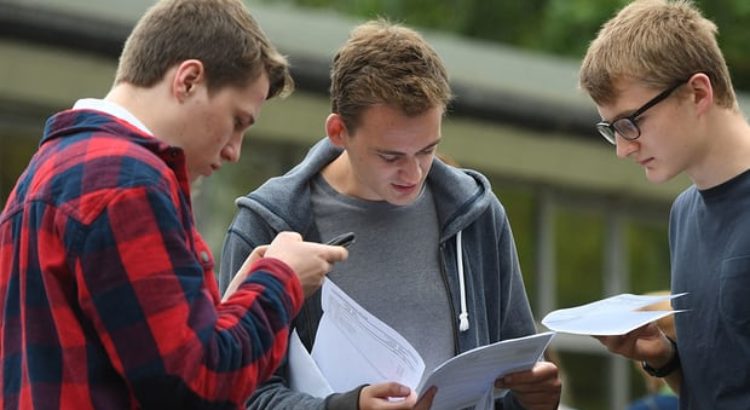By The Guardian
The UK government’s review into post-18 education must recognise that it is clearly a good that would benefit society if more widely available
Has the engine of education concentrated ability of a certain kind under the latest changes? It would certainly seem so. Students in England receiving their A-level results on Thursday were the latest to do so under a revamp wrought by Michael Gove when he was education secretary. They are part of a move away from grades awarded on the basis of coursework to marks based on a final exam in such subjects as geography and drama. The result seems to be the persistence of trends in educational achievement – with girls continuing to outperform boys in most subjects and sciences attracting more entries. This will encourage the backers of this approach to laud it.
Adopting this outlook means considering the downsides. We must beware of sieving people according to education’s narrow band of values. After all, 1.5 million children took A-levels and 3.8 million people took vocational qualifications. To the government’s credit, it has belatedly realised that there needs to be a serious look at post-school technical and academic options. When Theresa May launched her wide-ranging review in February of post-18 education, it was expected to take a year. However, with the chaos in government engendered by Brexit, no one is sure where Mrs May’s review is going.
Higher education is clearly a good, and one that benefits society if more widely available. Tuition fees were trebled to a maximum £9,000 a year in 2012 – so that universities could use the income to cover large cuts to the direct public funding of teaching. Students take out state loans to finance these costs. Graduates pay the loan back with a 9% tax on their salary above £25,000. The loans are not cheap: from this autumn the interest charged will be 6.3%. If students earn less than £25,000 they do not pay back the loans and the taxpayer picks up the bill. As almost half of those in England are expected to have entered advanced studies, the system has expanded access.
Students are desperate to get the seal of approval that a degree confers. But the problem with trying to turn universities into institutions that compete for students is that they cannot all be right in their aspirations. Today each university is encouraged to borrow and spend capital on expectations that uncapped student numbers and research revenue will rise. Universities that get their sums wrong run the risk of failing, perhaps even going bust. The marketised system also does not allocate resources effectively. Since 2012 the arts and humanities have seen a 40% increase in funding; the smallest – 6% – has been for sciences.
Michael Young’s brilliant satire The Rise of the Meritocracy was published 60 years ago this year. It painted a picture of a society obsessed with talent. In Young’s book, by the year 2034 psychologists had perfected IQ testing. However, rather than promoting a harmonious society by focusing on smart folk, this had produced social breakdown. The losers from the brain games were unhappy twice over: they were told not only that they were failures – but that they deserved to be so. Eventually they revolted. With Brexit one is struck by how prescient the book seems. A lack of educational qualifications, say studies, was the “predominant factor” in voting leave. Higher education can advance the economy by increasing labour force skills and lift the store of knowledge. Perhaps most important, higher education has the ability to transmit a common culture and common standards of citizenship. If there was a time when the state should back such a vision, it is now.






 Users Today : 50
Users Today : 50 Total Users : 35403243
Total Users : 35403243 Views Today : 71
Views Today : 71 Total views : 3332510
Total views : 3332510